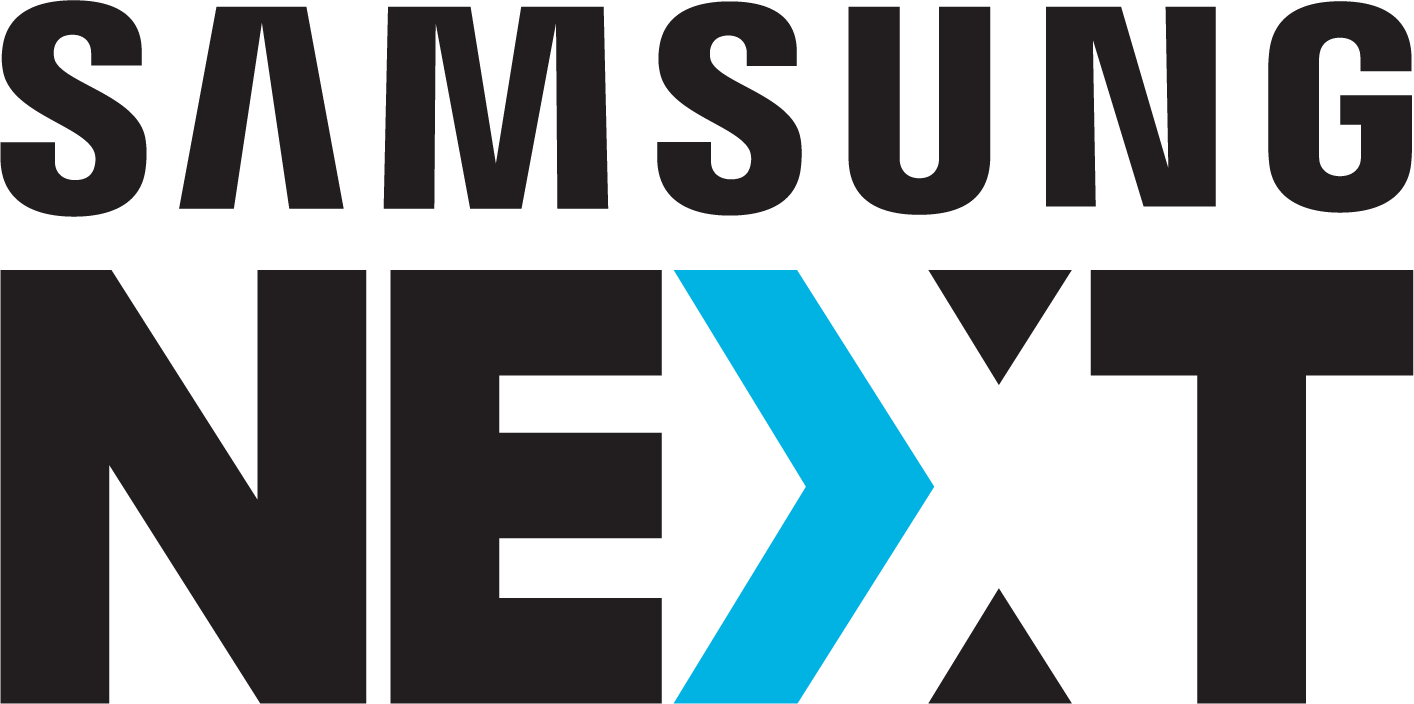Integrating online and offline worlds
This video is a part of our ClassroomX educational series on the nuts and bolts of building a startup today. From defining your business model to growth, product strategy, and building your community, these 15 lessons by domain experts aim to equip young founders with crucial insights to transform their early-stage products into viable businesses.
How to integrate online and offline worlds
The booming experience economy is creating new opportunities for startups. Spending on experiences has grown four times faster than spending on goods, consumers are more loyal to companies that provide great experiences—and they spend 16 percent more for products and services as a result.
What you'll learn from this lesson:
About Brandon Hoffman
As a senior leader of the Innovation team, Brandon develops industry, consumer and technology insights on behalf of the Chief Innovation Officer and applies these perspectives by driving investments as a member of the Ventures team. He also leads Samsung Next's Diverse Founders Initiative (DFI), dedicated to providing diverse founders the networks, resources, and capital to accelerate their success and enhance one of the world’s largest hardware platforms, Samsung. Prior to Next, Brandon led equity research for the Internet sector (e-commerce, social media, gaming) at Morgan Stanley and co-founded the Amazon Disruption Symposium global event and publication series.
The happiness factor
The shift toward valuing experiences over things reflects changing values—and evolving technologies. The rise of social media has given individuals an easy way to share their experiences and observe those of their friends, family, and even celebrities. Having cool experiences has become a kind of 21st Century status symbol.
"Before it might've been having the most expensive house on the block. It might've been driving the fanciest, most expensive car. It may have been luxury, designer eyewear or jewelry," Brandon says. "Nowadays, it's really more about showing off the experiences that you're having."
However, there's a psychological component as well. Purchasing a product provides a fleeting sense of satisfaction, but a great experience has a more powerful, lasting impact.
"With an experience, it's shown that happiness truly persists for a longer period of time," Brandon says. "Moreover, when you share that experience with others, it has an even stronger effect."
Online-offline convergence
If the first phase of the experience economy was about leaving home and sharing those experiences on social media, then Brandon predicts the next phase will be based in the home.
Each room in a house offers the potential for combining technology and the real-world in ways that add value to people's lives. It's an evolution of the smart home concept, but one that goes beyond just using technology to manage your home from afar. In an experience-based economy, a mattress could become a piece of hardware, gathering data on an individual's sleep, and then making the appropriate adjustments.
Other possibilities for smart home applications include enhanced use of video in home offices or smart ovens in smart kitchens. Both use technology to transform typical tasks by offering data, resources, and even community beyond the walls of your home.
Big brands chart the path
Some of the most successful experience brands are providing lessons that will help future generations of startups. Peloton offers a prime example, according to Brandon. The company provides an in-home exercise bike plus online spin classes, and its retention rate is far better than any gym.
That's because Peloton provides a high-quality spin class experience, combined with the convenience and relative affordability of being able to exercise at home. The bike is the hardware and effectively the smart software platform, while the streamed classes provide a community that makes the experience more engaging for the end user.
Peloton provides a lesson for startups to think holistically about customer experiences, from purchase through product delivery to actual product use. For example, the company delivers and then sets up bikes for its customers to ensure they know how to use them. Peloton also provides new programming every day to keep customers engaged. What's more, the company doubles down on the community by offering access to instructors and classes via real-life events.
This convergence of online and offline experiences "strengthens the loyalty to the brand," Brandon says. "But again requires then that physical type of thinking as it relates to executing on the business, rather than just narrowing down on the digital."
The potential of the experience economy is only growing. And understanding how your product or service fits into this new world, and evaluating the experience you're providing beyond the technology is the key to finding customers and growth in the future.

